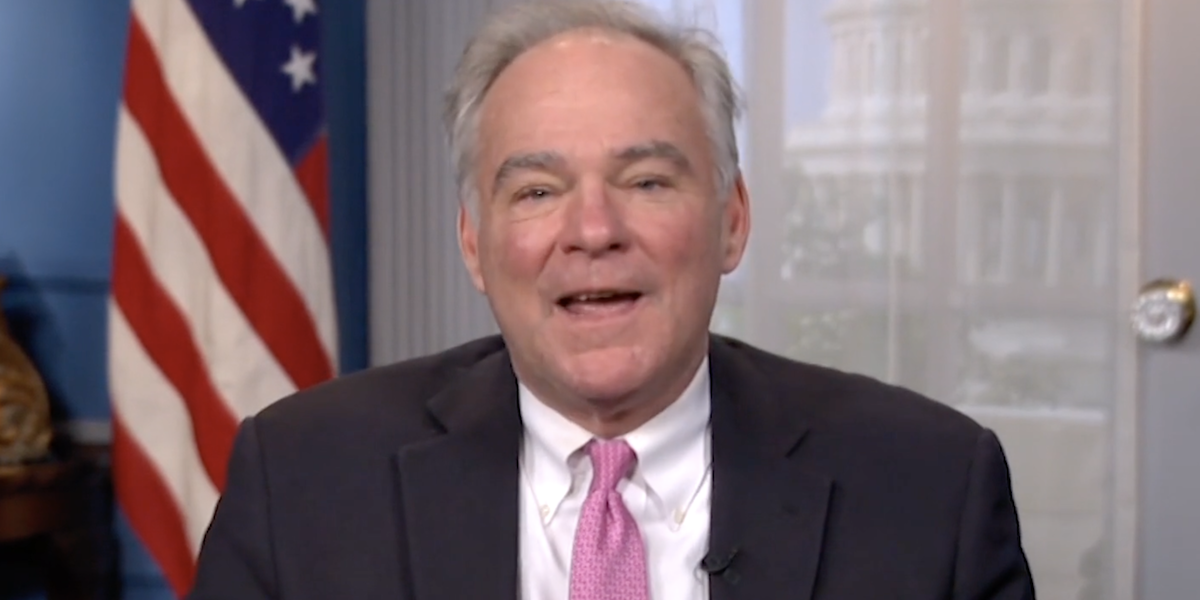Washington, D.C., March 8 – Last week, the National Skills Coalition hosted their annual Skills Summit, featuring a keynote speech by Virginia Sen. Tim Kaine (D-VA) discussing impactful strategies to close the digital skills divide in America.
In his opening remarks, Sen. Kaine said the COVID-19 pandemic spotlighted the importance of “ensuring that all workers are empowered with the skills needed to thrive in today’s economy.” Furthermore, as “technology advances, workers need to have opportunities to continuously up-skill, to adjust or move up in their careers.”
Answering the call of the present moment, Sen. Kaine argued that Congress should provide funding and establish programs that specifically focus on bridging the digital divide. Recently, the Digital Equity Act was passed as part of the Bipartisan Infrastructure Law to expand broadband access and provide digital technologies. Sen. Kaine called for establishing new and existing worker “baseline digital competencies to support industry and sector level workforce partnerships in developing digital skills training programs.”
Sen. Kaine also spoke proudly about his continued focus on bipartisan collaboration on key issues in the Senate. For example, Sen. Kaine highlighted his ongoing collaboration with Sen. Todd Young (R-IN) on legislation related to work-based learning opportunities. The Senators recently reintroduced the Assisting Community Colleges in Educating Skilled Students (ACCESS) to Careers Act and are hoping for the bill’s inclusion in a future omnibus spending bill.
In a recent press release about the ACCESS to Careers Act, Sen. Kaine noted that “as our county begins to recover from the widespread job losses we’ve seen over the last year, the success of our economy will depend on our ability to provide people with the resources they need to quickly enter or reenter the workforce.” Sen. Young added that as “we recover from this pandemic, it is more important than ever to use new evidence-based innovations in postsecondary education to prepare our students for the jobs of tomorrow.”
“When it was passed with broad, bipartisan support in 2014, the Workforce Innovation and Opportunity Act (WIOA) invested unprecedented resources into efforts to get people with barriers to employment into the labor force,” said Olegario “Ollie” Cantos VII, RespectAbility’s Chairman. “Now, after the pandemic that has reshaped our economy, it is time to devote significant attention to supporting the economic advancement of students, jobseekers, and entrepreneurs with disabilities. Our nation needs further legislative action and cooperative action to expand effective solutions for jobseekers with significant barriers to employment.”
The success or failure of getting more people with disabilities integrated into the workforce impacts thousands of communities and millions of families nationwide. According to the Census Bureau, there are more than fifty-six million Americans living with a disability. Disabilities include visible conditions such as spinal cord injuries, visual impairments or hearing loss and non-visible disabilities such as learning disabilities, mental health, or autism.
For the latest news on disability policy issues, follow The RespectAbility Report.

Be First to Comment